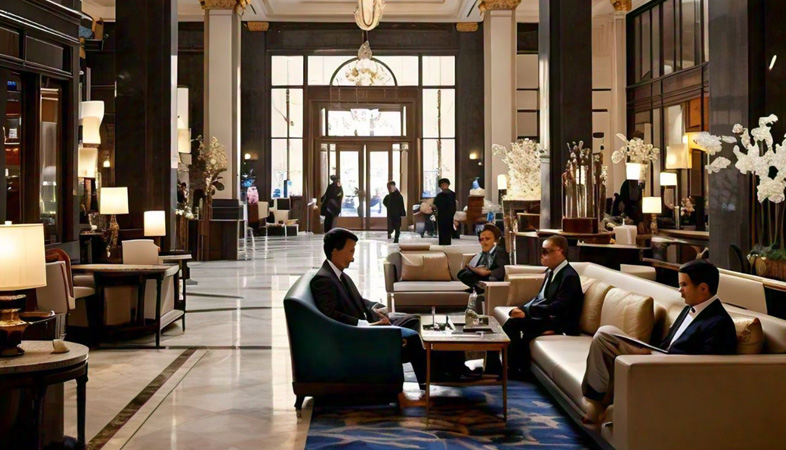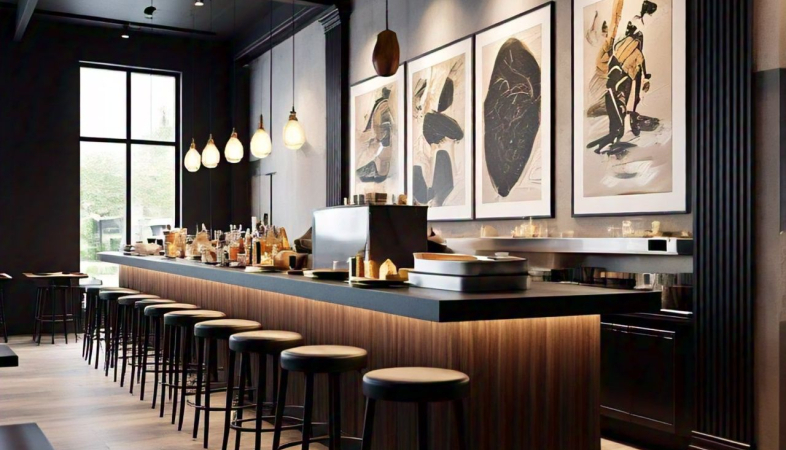SHARE
Commercials
More Posts
Mar 11, 2025
Dabeli - By Chef Falguni Somaiya
Feb 13, 2025
Vipin Verma Joins Lemon Tree Hotels as Sous Chef
Jan 29, 2025
Sumit Kumar Joins Radisson Blu as Restaurant Manager
Mar 13, 2025
Til Aur Khajur Ke Ladoo - By Chef Reetu Uday Kugaji
Jun 13, 2025
Rajwadi Dhokli - By Chef Lallan Kumar
Nov 18, 2024
Bela Pana - By Biswajit Das
Mar 11, 2025
Dabeli - By Chef Falguni Somaiya
Feb 13, 2025
Vipin Verma Joins Lemon Tree Hotels as Sous Chef
Jan 29, 2025
Sumit Kumar Joins Radisson Blu as Restaurant Manager
Mar 13, 2025
Til Aur Khajur Ke Ladoo - By Chef Reetu Uday Kugaji
Jun 13, 2025
Rajwadi Dhokli - By Chef Lallan Kumar
Nov 18, 2024
.png)















.jpg)












